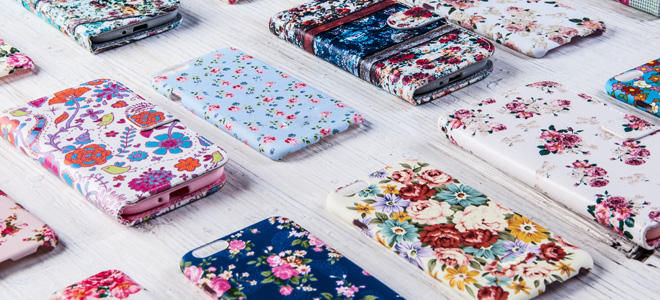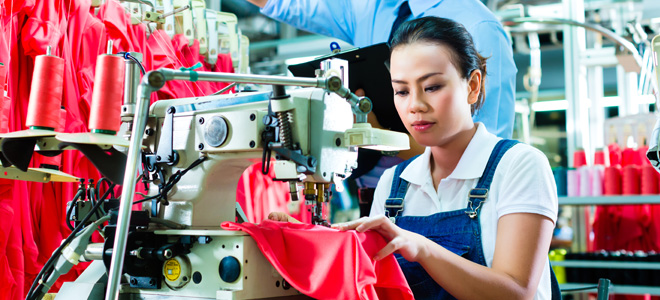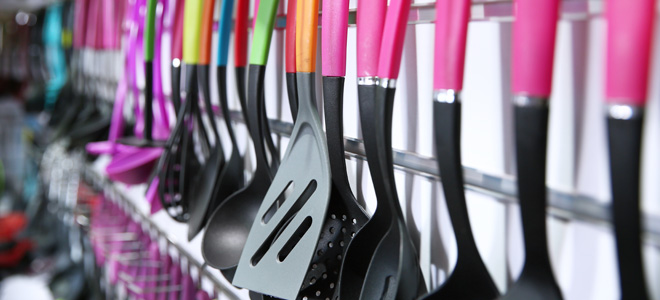July 27, 2016 Guest opinion piece
Many online sellers lack the expertise to develop products when they first start out.
Private label products offer them the chance to create and develop their own brand, adding value and differentiating their business from competitors.
We’ve mentioned before how making your products unique to you and becoming a brand owner can offer a long term strategy to differentiate yourself on both Amazon and eBay. To give some more insight, we’ve teamed up with Chinaimportal.com to give an introduction to the practice of private labelling.
What is private labelling?

Private labelling isn’t a new practice. Private label products and services are available in many industries, from food to cosmetics to digital services, like web hosting. But what exactly are they?
Private label products and services are manufactured or provided by one company but brought to market under another company’s brand.
In this circumstance an Original Design Manufacturer (ODM) develops a set of generic or no-name products, which are made available for purchase on websites such as Alibaba. Businesses can then find these products and work with the manufacturer in order to add their own brand to them.
This model works well for businesses that are only interested in selling products, as the ODM takes care of the research and development, product concepts, testing and manufacturing.
But with the rise of Original Equipment Manufacturers (OEM) in Asia, and China in particular, private labelling is becoming available for all sorts of products – such as apparel, kitchen utensils and even electronics – we will deal with the nuances of OEM in a follow up article.
How does private labelling work?

Let’s start with the manufacturer.
To make a new product, the manufacturer must create a product specification invest in tooling and develop prototypes – after a few months, they‘ve got a product that’s ready to take to market. However, they won’t normally go directly to the consumer. Instead, they rely on other businesses to sell their product either as a generic or no-name product or as a private label product.
While the manufacturer could sell their product online, through Amazon or eBay for instance at a much higher margin, it’s this process that allows them to concentrate on their specialism – manufacturing.
There are many reasons manufacturers in Asia (or even Europe and the US) may choose to concentrate on manufacturing and rely on other businesses to market and sell their products. For instance, one of the main reasons many Chinese (and other Asian) manufacturers go down this route is they don’t want to keep stock. At most, they keep the tooling and the raw materials, and manufacture the final products after receiving an order.
For the private labeler, it’s just a matter of finding the right product. This is a complex process in itself, so we’ll not cover that further in this article – but watch this space as more information will be added. It’s important to understand that manufacturers are not strictly divided into “private label manufacturers” and “non-private label manufacturers”.
In reality, virtually all manufacturers accept design customisation and buyer branding – but not all suppliers invest in their own products. That’s a pre-condition for a private label product to exist.
Once a private labeler has found a manufacturer they want to work with, they need to select a product and provide the manufacturer with the artwork for their logo, labels and/or packaging.
It’s important to note that anyone considering selling a private label product should always check the product by ordering some samples before purchasing in bulk – even if it's just a matter of printing a logo on a standard product.
Why should a start-up or SME consider private labelling instead of no-name products?

Now, let’s look at the benefits to the private labeler. This is where it gets even more interesting.
For the label owner, it means a vast reduction in product development costs as they can use tooling that’s already been developed at the manufacturer’s cost – saving potentially thousands of pounds.
If the product has been made before by the manufacturer, the sample process is more efficient. In fact, the supplier may even have samples in stock. However, if it’s not, the private labeler will want to ensure product testing is carried out to the standards applicable in the market they wish to sell their product – for example a product will need to be legally compliant with UK legislation if it is to be sold in the UK.
All going well, it’s possible to take a private label product to market in less than 2 months. To develop a new product – even a relatively simple product – it’ll most likely take between 6 and 12 months.
But that’s not all.
Adding a brand to the product can add a lot of value. And although people tend to think of brands as big businesses that are instantly recognisable, this isn’t always the case.
Small businesses often find it difficult to compete on price. Particularly in the long term, as larger businesses can buy in larger volumes, allowing them to reduce cost as they can benefit from economies of scale.
This is where branding comes in. Recently start-up brands, like the watch company Daniel Wellington, have successfully launched online with a full range of products on relatively low budgets. Selling relatively inexpensive Chinese-built timepieces, they have successfully managed to build a watch brand now worth in excess of $200 million.
Branding is critical for differentiating a business in a market. This is no different online, where choosing what products to sell is becoming increasingly data driven – which results in niches that quickly become overcrowded. When things get rough it’s the no-name sellers that are the first to lose out.
Branding is also an asset that adds monetary value to a company. As an intangible it can be difficult to know how to value a brand, but often when a company is sold, part of the price is included as part of the agreed value of the brand.
What type of products are suitable for private labelling?

Generally, highly standardised products are more suitable for private labelling. For example, it‘s far more suitable for graters and other molded kitchen utensils, compared to electronics and other complex products. A good rule of thumb is to consider the technical expertise required to develop a product.
About the Author
 Fredrik Gronkvist is the co-founder of Chinaimportal.com, a London and Shanghai based company, providing various information products for Startups and Small Businesses manufacturing Private Label and Custom Designed products in Asia.
Fredrik Gronkvist is the co-founder of Chinaimportal.com, a London and Shanghai based company, providing various information products for Startups and Small Businesses manufacturing Private Label and Custom Designed products in Asia.
You can contact him here.
Related
Differentiating your products from your competitor’s – online